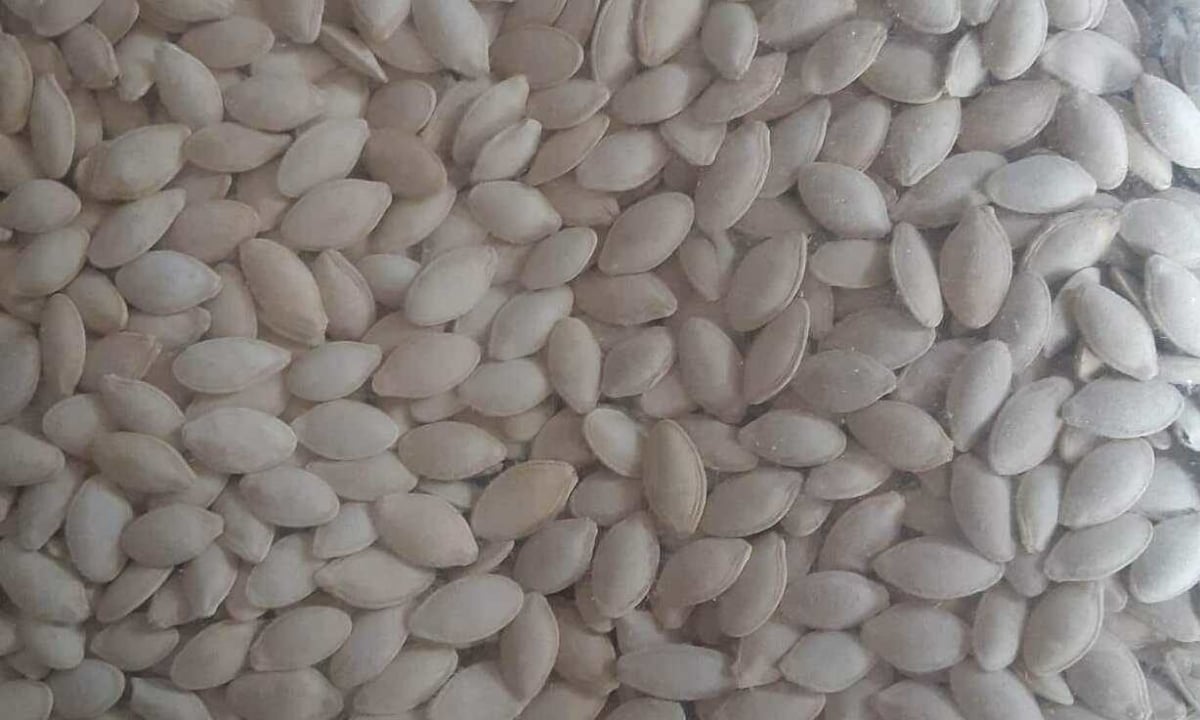
Pumpkin seeds contain bioactive compounds that have been shown to lower blood sugar, reduce inflammation, and support heart health.
Pumpkin seeds are rich in nutrients including healthy fats, fiber, protein, carbohydrates, vitamins and minerals, including benefits for people with diabetes.
Hypoglycemia
According to a 2014 analysis by the University of Nottingham, UK, based on 30 studies, pumpkin seeds have the effect of lowering blood sugar, maintaining stable blood sugar levels.
Polysaccharides, para-aminobenzoic acid, sterols, proteins, peptides and fixed oils are the bioactive components in pumpkin seed pulp, seeds and oil that have hypoglycemic properties. In particular, substances in these seeds such as trigonelline, nicotinic acid and D-chiro-inositol have the ability to reduce and support blood sugar control.
A 2017 study by the Federal University of Vicosa, Brazil and several other units, on 40 people with type 2 diabetes, showed that people who ate 65 grams of pumpkin seeds per meal for three consecutive days had lower post-meal blood sugar levels than those who did not consume this type of seed.
Pumpkin seeds provide protein, fiber, minerals, unsaturated fatty acids and phytosterols that help lower blood sugar. In addition, herbal polysaccharides pectin and nonpectin extracts from the pulp or protein and oil of pumpkin seeds also contribute to reducing blood sugar levels.
According to researchers, the effectiveness of pumpkin seeds is noted, with few or no side effects, and relatively low cost. Therefore, products from pumpkin pulp and seeds, herbs or other plants are used in the prevention and treatment of type 2 diabetes, as functional foods.
Reduce insulin resistance
A 2022 review by Jiangsu University, China, and others, based on 157 studies, found that two compounds, puerarin and polysaccharides found in pumpkin (pulp and seeds), both tend to reduce insulin resistance. They also have hypoglycemic properties.
Pumpkin has a protective effect on the pancreas because it contributes to increased levels of superoxide dismutase and protects pancreatic islet cells against streptozotocin. Streptozotocin is a natural alkylating anti-cancer agent that is very toxic to insulin-producing beta cells of the pancreas.
Pumpkin pulp (from the pulp, seeds and peel) can boost insulin levels in the body, leading to lower glucose (sugar) levels, reducing the risk of kidney damage.
Reduce inflammation
The above assessment by Jiangsu University also found that pumpkin seeds are rich in zinc, phosphorus, magnesium, potassium and selenium. Thanks to that, it has strong anti-inflammatory properties, helping to fight inflammation-related diseases such as arthritis, diabetes, and prostate cancer.
According to the study authors, pumpkin, especially the seeds, should be eaten regularly to prevent disease because they are safe and have no negative effects on health.
Support heart health
According to the American Heart Association, pumpkin seeds are high in fiber, especially when eaten with the skin, which reduces the risk of heart disease and obesity. The high magnesium content of these seeds is also good for heart health and blood pressure. People with diabetes should regularly eat pumpkin seeds because heart disease and high blood pressure are more likely to occur in people with this condition.
Mai Cat (According to Very Well Health )
| Readers ask questions about diabetes here for doctors to answer |
Source link



![[Photo] Looking back at the impressive moments of the Vietnamese rescue team in Myanmar](https://vstatic.vietnam.vn/vietnam/resource/IMAGE/2025/4/11/5623ca902a934e19b604c718265249d0)
![[Photo] Phuc Tho mulberry season – Sweet fruit from green agriculture](https://vstatic.vietnam.vn/vietnam/resource/IMAGE/2025/4/10/1710a51d63c84a5a92de1b9b4caaf3e5)

![[Photo] Summary of parade practice in preparation for the April 30th celebration](https://vstatic.vietnam.vn/vietnam/resource/IMAGE/2025/4/11/78cfee0f2cc045b387ff1a4362b5950f)

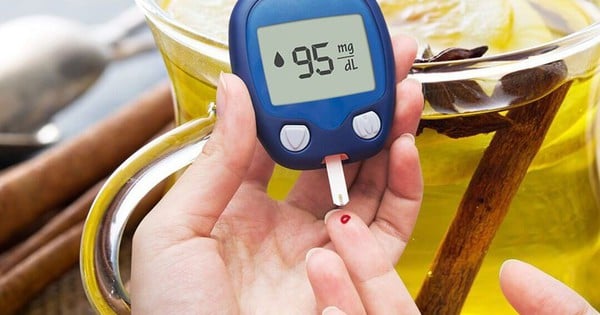

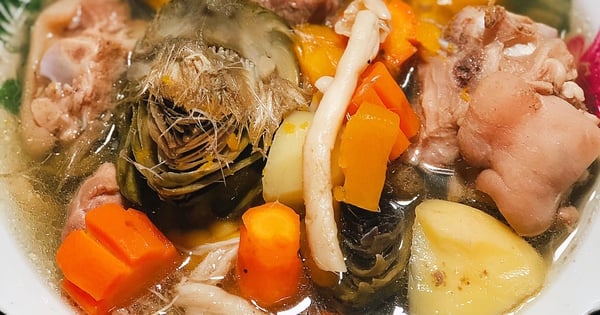
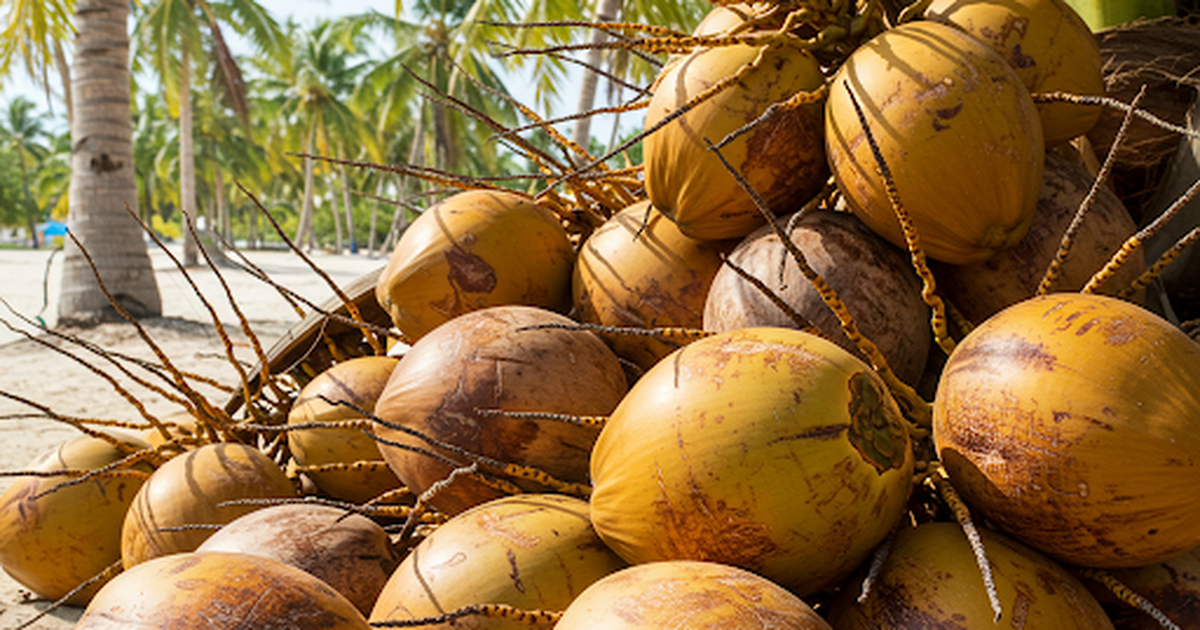

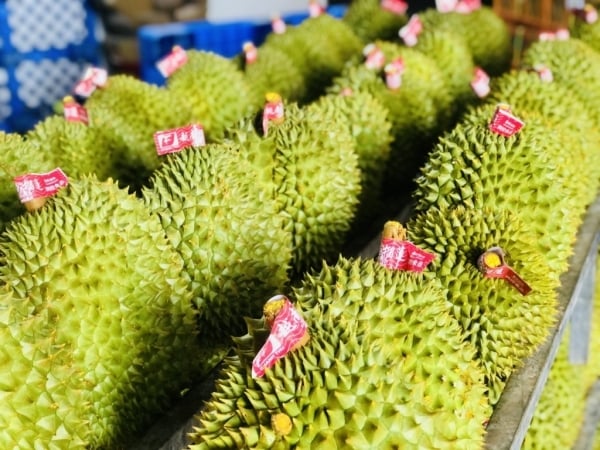

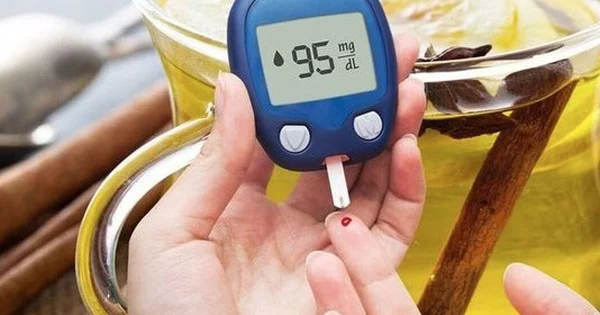

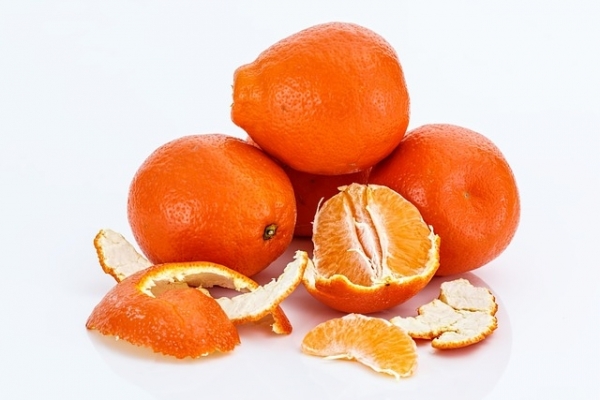
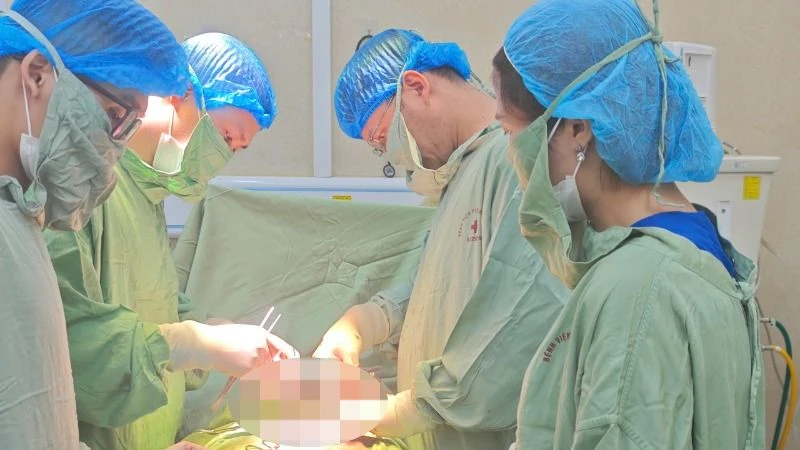














![[Photo] Prime Minister Pham Minh Chinh chairs meeting to discuss tax solutions for Vietnam's import and export goods](https://vstatic.vietnam.vn/vietnam/resource/IMAGE/2025/4/10/19b9ed81ca2940b79fb8a0b9ccef539a)












































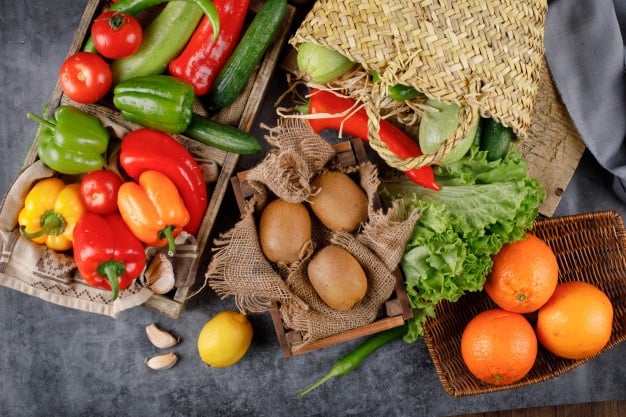





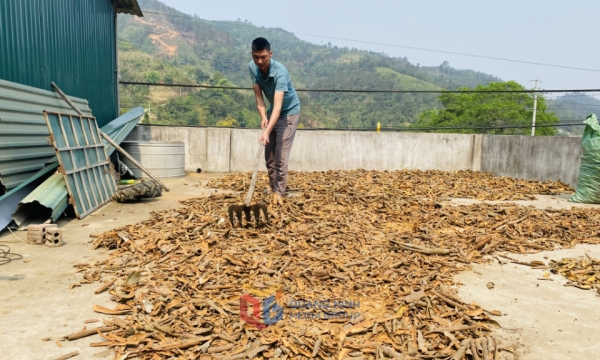


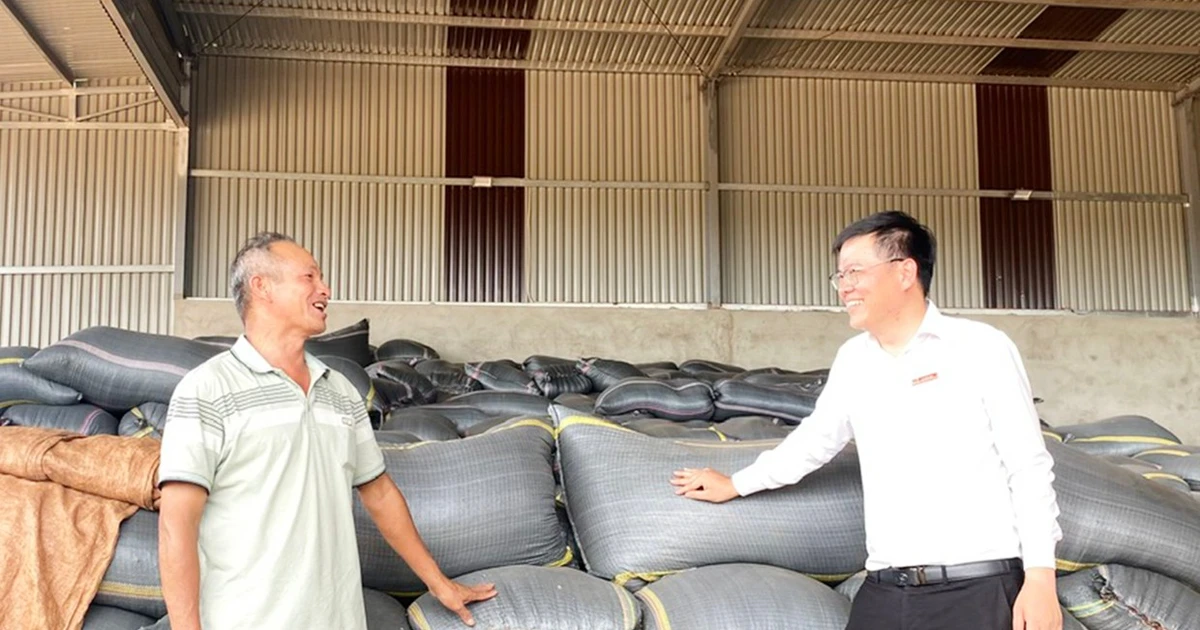












Comment (0)